
On March 15, a 28-year-old white man entered a mosque and an Islamic center in Christchurch, New Zealand, with two semi-automatic rifles and two handguns. By the end of the day, 51 people total were dead. At Al Noor Mosque, 42 people were killed; at the Linwood Islamic Centre, seven. Two people died later at Christchurch Hospital.
Then, on Aug. 3, a 21-year-old white man entered a WalMart in El Paso, Texas, with a semi-automatic rifle. He killed 22 people and injured 26.
Both shooters espoused a similar racist and xenophobic doctrine, and the gunman in El Paso directly opened his manifesto with, “In general, I support the Christchurch shooter and his manifesto. This attack is a response to the Hispanic invasion of Texas.”
The two tragedies link in this sense, but this was New Zealand’s first mass shooting since 1997. This was America’s first for that day. Less than 24 hours later in Dayton, Ohio, nine people were killed and 27 were injured when a gunman opened fire in Dayton’s historic Oregon District.
In both New Zealand and the United States, people are talking about gun violence. We wanted to put those conversations together, highlighting the voices of college students. Former Assistant Op-Editor for The Hawk, Taicha Morin ’20, is studying abroad in New Zealand this semester. She interviewed students from the University of Auckland. The Hawk interviewed students at St Joe’s. While these students will likely never meet, their voices do on these pages.
New Zealand
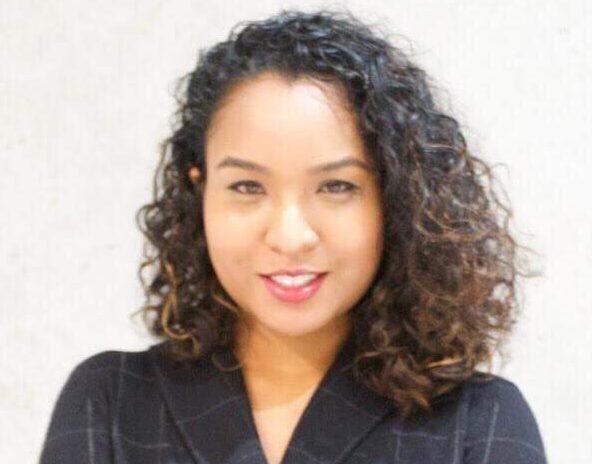
Having arms is not a part of the culture [in New Zealand]. Most people do not go around chasing each other with guns. There is a certain level of trust in the system as well. I don’t think New Zealand has a culture where guns are the basis of people’s ideal of what it means to have freedom and protection through self-defense. That is not the foundation of what the country is built on.
—Christina Chan

Compared to America, I don’t think shootings and guns are a big deal to us. And from my understanding, I think America is so into guns because it’s part of their culture, but it’s not part of the culture of New Zealand. None of us really have any interaction with guns on a day-to-day basis, so it being a law that we can’t have them isn’t a really big deal.
—Renée Alumasa
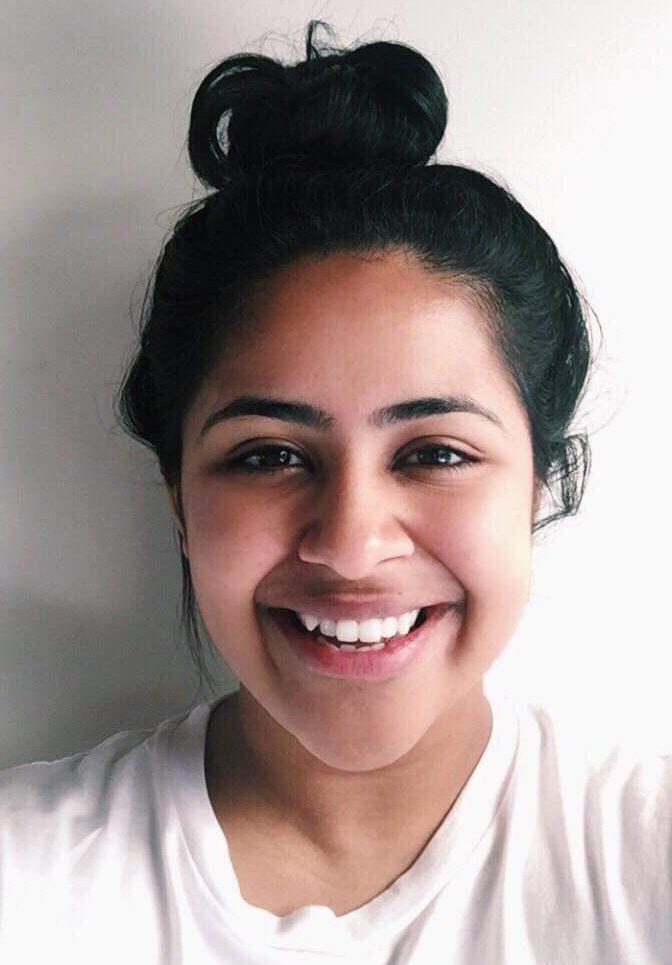
Can I swear on this? I think the U.S. is fucked. When Sandy Hook happened and they were okay with children getting murdered, that to me was, ‘We don’t care about people.’ I just feel like the U.S. isn’t a superpower. It lost its appeal so much over the last two years.
—Aakanksha Sanghavi
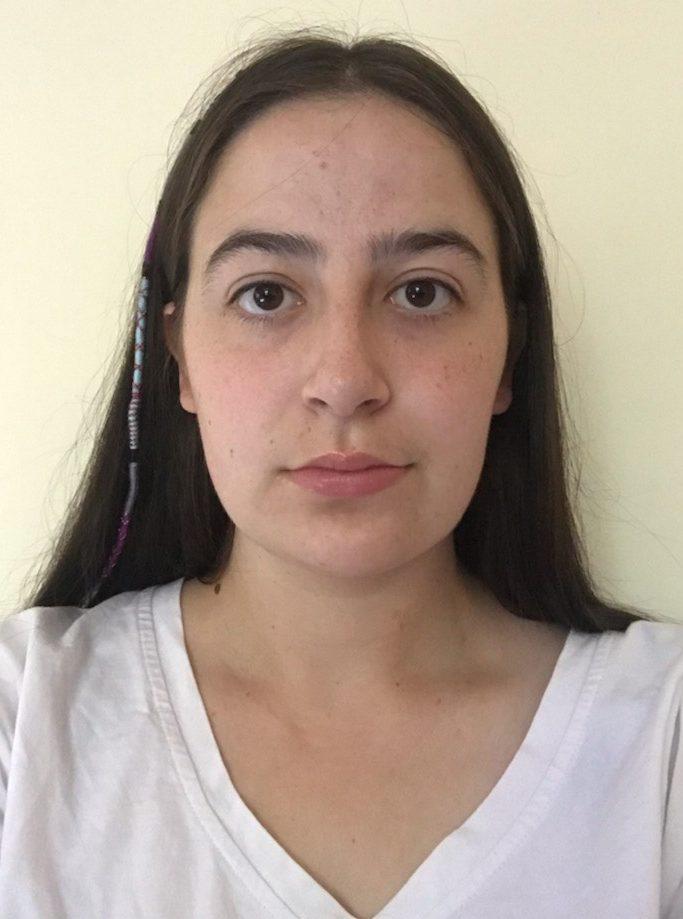
We hear all these hideous stories from overseas or America or other countries. And I think there’s that thought that we don’t want to be like that. We want to be a bit different or set an example, even.
—Eve Doherr
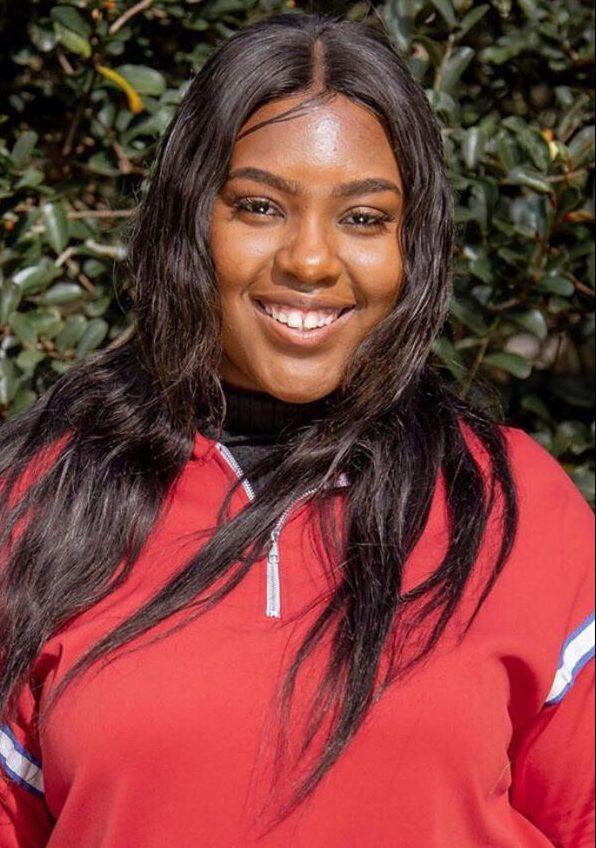
I was on my way to teach at dance rehearsal at my high school. I was literally on my way driving towards the school, and my friend calls me crying, and she’s Muslim. And she’s like, ‘There was a shooting in Christchurch.’ My heart just dropped. When I walked into the school, all the kids had seen the video. I was able to see the video of the shooter shooting people. The first night of the shooting I literally told myself, ‘This is not America.’
—Favour Ukah
United States
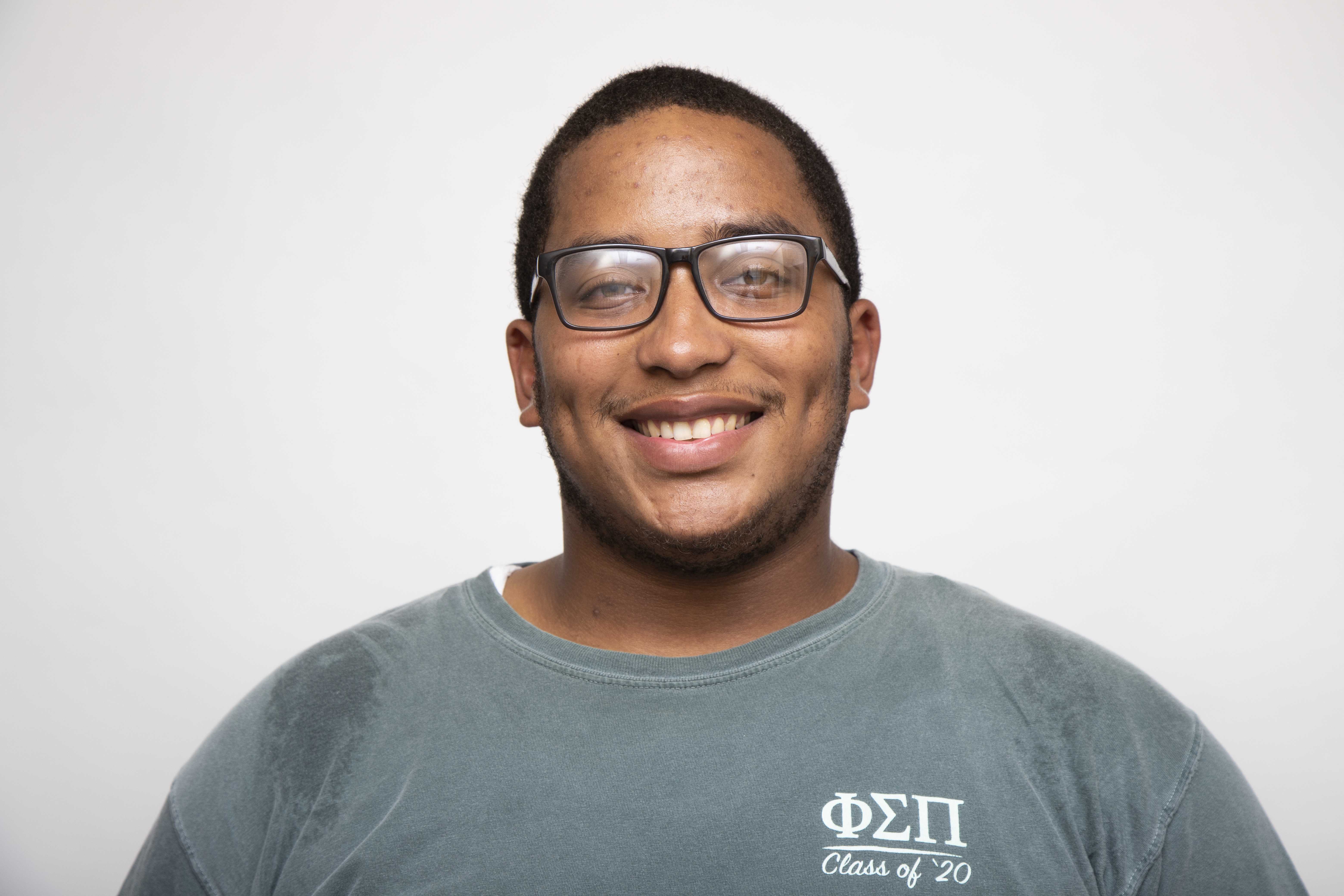
We are entering into a really big divide. There needs to be some type of regulation installed. You have people now who consistently push for, ‘No, there’s nothing wrong. We just need to figure out mental health.’ And I’m not saying mental health isn’t an important issue. It should be. But you’re still missing out on the key issue that there is a gun problem.
—Steven Bradley ’20
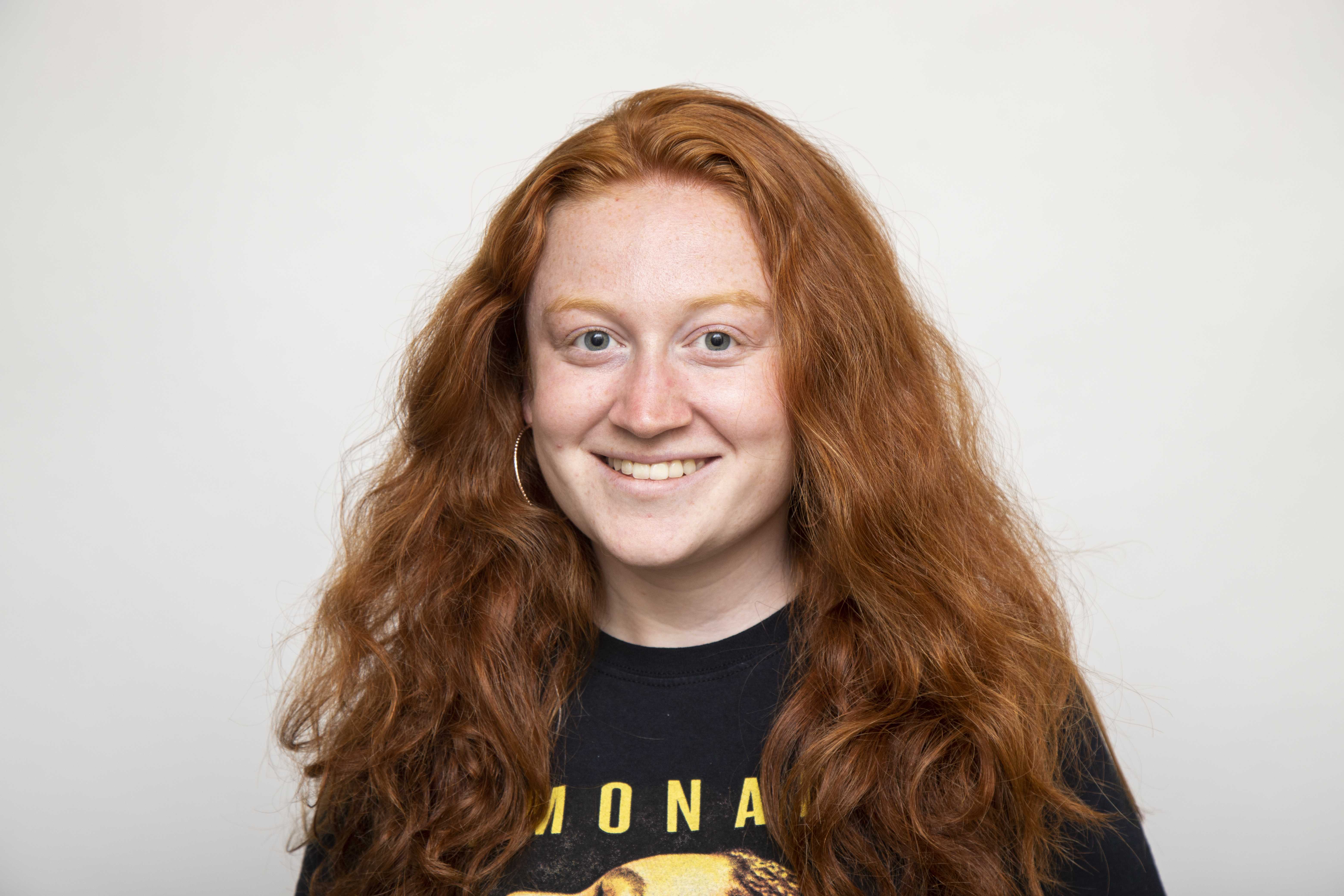
I want to work with PreK-4, so they’re young, little minds. It really strikes a chord with me. And it makes me scared just to think that this can happen in schools, but it can also happen outside of schools where a lot of these kids are going. It’s scary to think that schools and stores and churches should be a safe place for people and to think that it’s not a safe place anymore. And it’s sad. It’s really sad.
—Emma Grace ’22
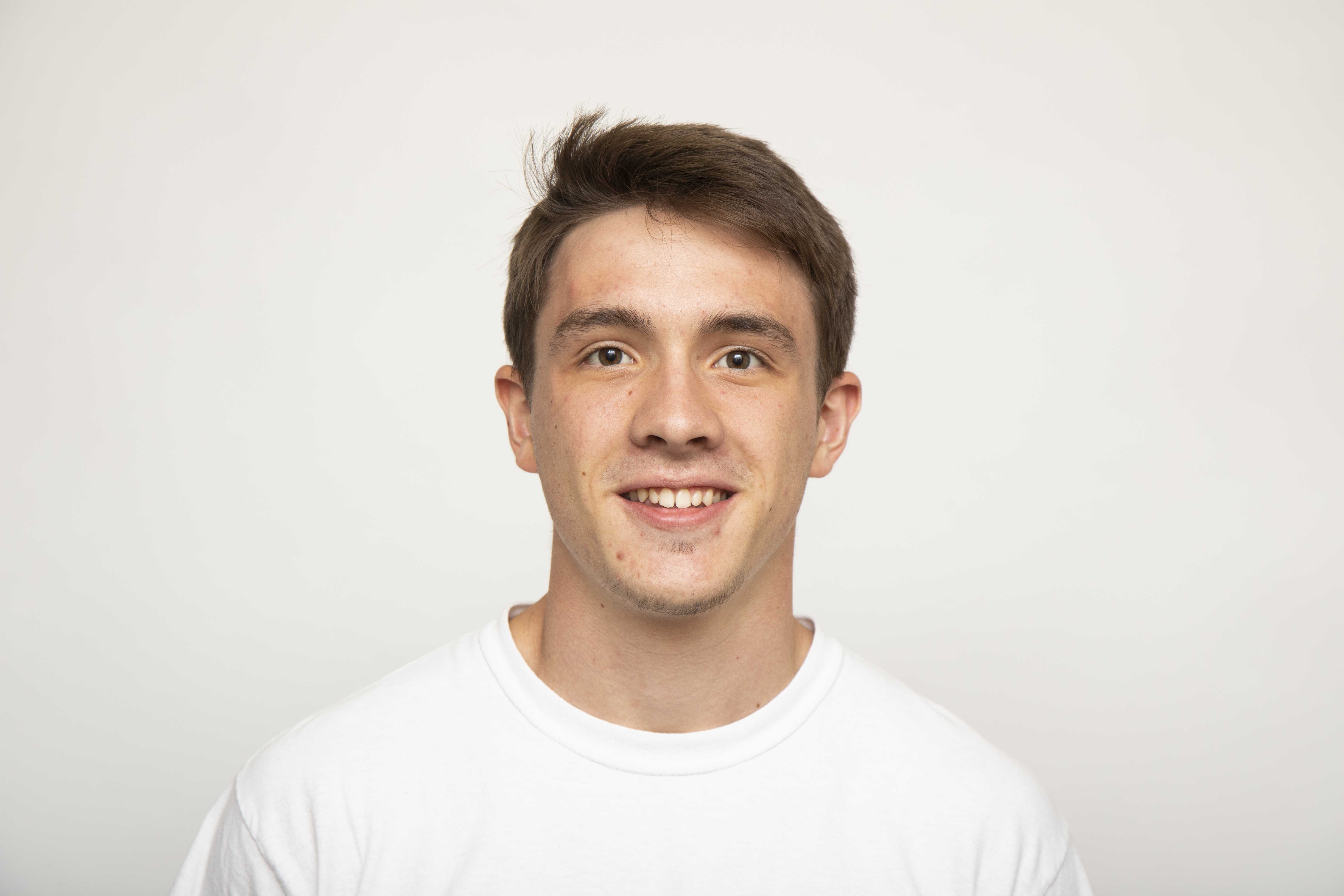
I don’t necessarily like the term ‘gun violence’ because it’s almost insinuating that it’s the gun doing the violence when in reality, it’s the person. Why couldn’t you say the same thing with a knife? We don’t call it ‘knife violence.’ We call it ‘physical violence’ or something like that. I honestly think it’s the person, not the gun.
—Ted Chesson ’22

If you have been affected by gun violence or you have known someone that’s been affected by it, there’s a deep emotional reaction and kind of fear that comes with it. Yes, I understand that we all need to protect our rights. But what about the right of children to go to school? What about the right of people to go into a nightclub and feel safe? What about the right of people to just walk down the street without having to fear for their lives that someone who shouldn’t have a gun has one?
—Julia McQuade ’20
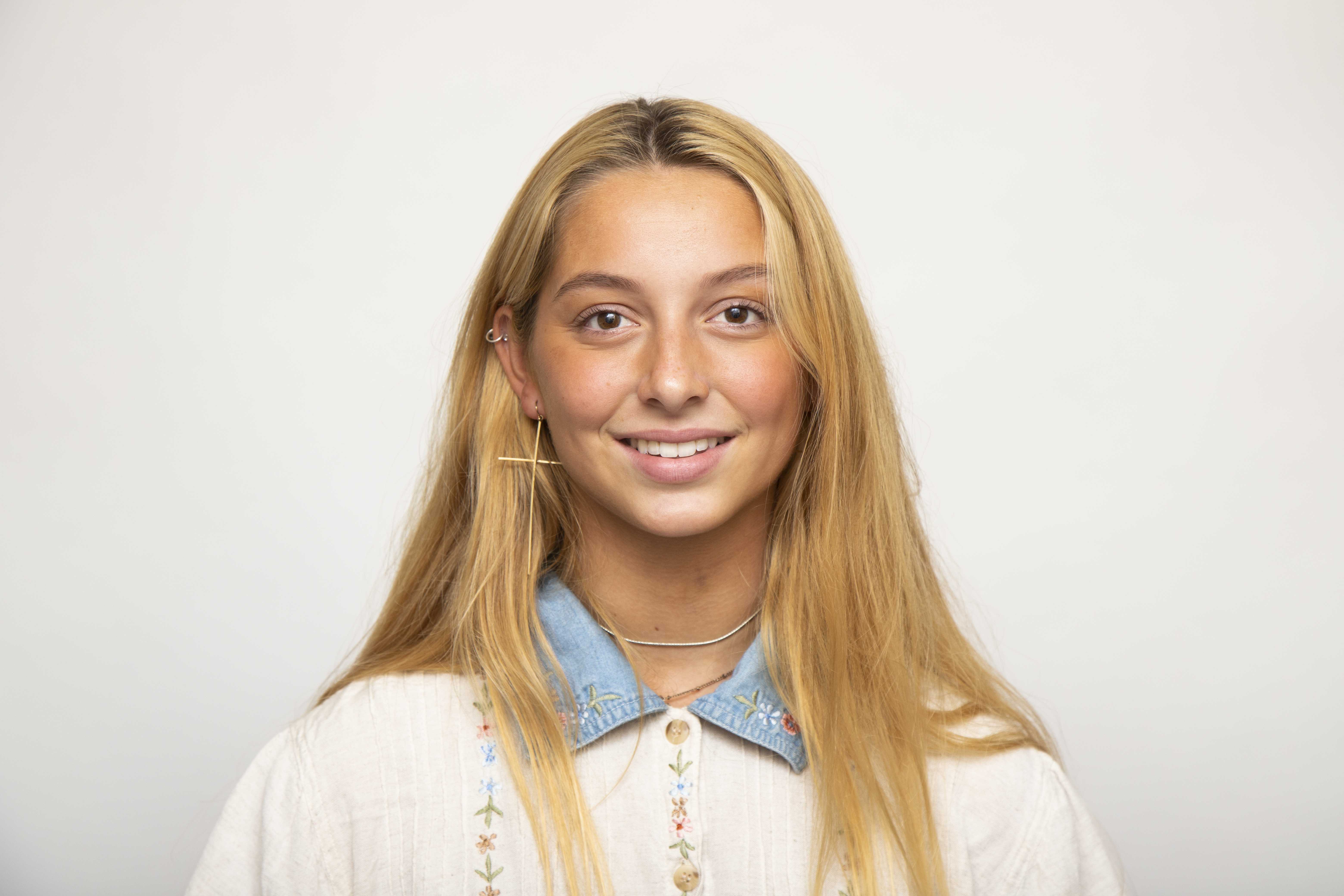
It’s definitely not the guns that are killing people because guns have always been around. It’s the people that are thinking, ‘I’m going to go and shoot all these people.’ That is something mental in them. It’s not the guns thinking that. It’s the person.
—Allie Vanetti ’22
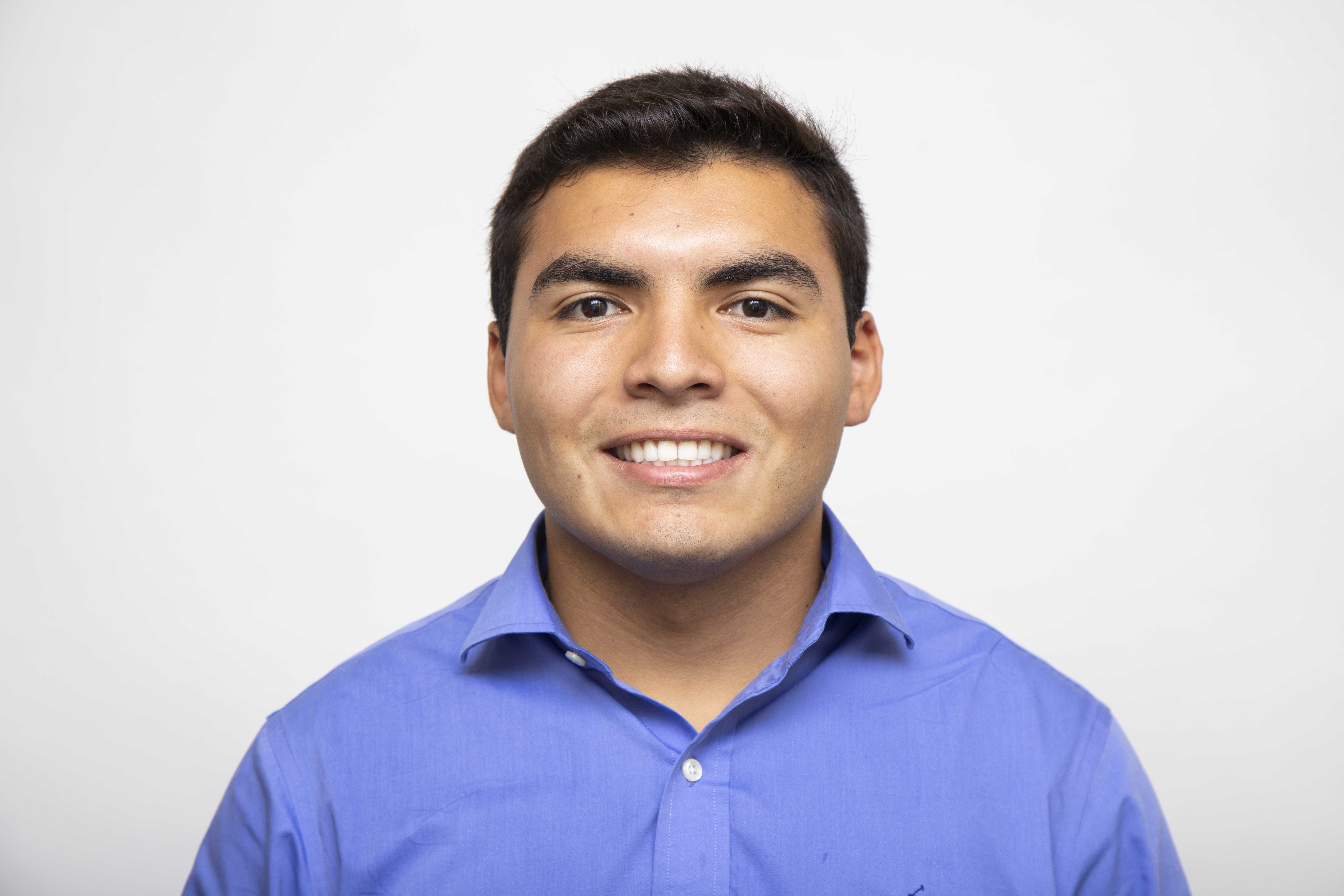
The system has some major flaws, some gaps in it, in terms of background checks, individual’s criminal histories, medical histories, and mental health. That just needs to be better understood before you willingly give somebody a handgun or a semi-automatic rifle. It’s very complex. And that’s why it keeps happening over and over again.
—Matt Morin ’22















































